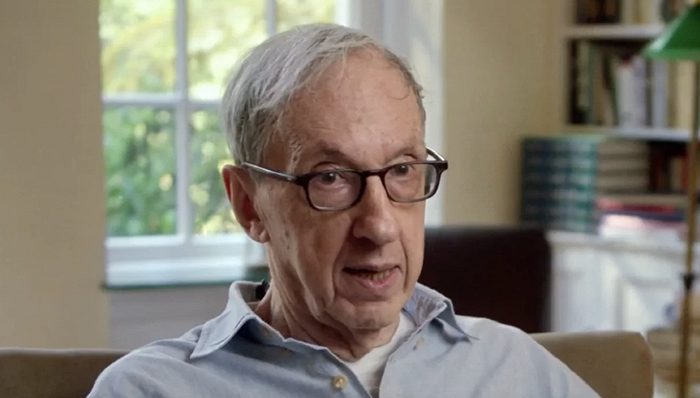According to the New York Times news, American Ecclesiastes author and editor Robert Gottlieb (Robert Gottlieb) died in a Manhattan hospital in New York on June 14, local time, at the age of 92. His wife, Maria Tucci, testified to this news.

Gottlieb is one of the best-known compilers of classics in the United States. In 1955, Gottlieb joined the Simon & Schuster publishing house and ten years later became the publisher’s chief editor. In 1968, he moved to Knopf Publishing House, replacing the publisher’s founder, Alfred A. Knopf, as general editor and president. In 1987, Gottlieb made a decision that no one in the book world expected, leaving Knopf to become an editor of The New Yorker magazine, and he did not return to Knopf until 1992.
In fact, Gottlieb did not get a good reception at the New Yorker at first, according to the magazine’s editor David Remnick (David Remnick), Gottlieb replaced the senior editor William Shawn (William Shawn), but almost everyone on the editorial team was unhappy with the company’s decision. The joint letter to Gottlieb asked him to decline “the rest offer,” but Gottlieb “politely declined.”
“Gottlieb retained many of his most popular articles at The New Yorker, Examples include John Cheever’s journals, Ian Frazier’s “Great Plains” and Janet Malcolm’s “The Journalist and the Murderer. the Murderer), but his boldest dedication was walking through the door in the first place, “Remnick added.
Robert Gottlieb (Photo source: Documentary “Turn Every Page”)
From Simon & Schuster to Knoknoff, Gottlieb has collaborated with many authors familiar to American and global readers in his more than 30 years of codification: John Le Carre, Toni Morrison, Doris Lessing, Chaim Potok, Michael Crichton, Ray Bradbury, Babatore W. Tuchman, Anthony Burgess… Gottlieb also compiled memoirs of former U.S. President Bill Clinton and former Washington Post publisher Katherine Graham.
Le Carre once approached Gottlieb in the middle of his visit and derided him as “not just a codifier, but a unique codifier” and said, “I have never met a codifier like him, in any country.” Le Carre says that Gottlieb had his own unique code for codification, with the wavy lines indicating that the words could be too flowery, and the ovals and question marks suggesting that the author should think twice about how to write better.
In 2016, Gottlieb published a personal memoir, “I Wonder About Browsing,” in which he reflected on the beauty and pain of working with pen and ink. He wrote in the book, “Some compilations are always ashamed of their end because they are not the author. I write so well that anyone who has been taught can do the same. But writing is very, very hard, I don’t really like writing, and browsing is as easy as breathing.” When he declined to be interviewed in 1980, Gottley preached that he was able to “read books for 16 hours a day” while studying.
“I wonder about Browsing”
Translated by Robert Gottlieb, Penlon
Generous · Suspected book group 2020-9
Gottlieb also stopped making scathing comments about many authors in the book. In his eyes, the Nobel laureate Naipaul was a “snob,” Tuchman’s “sometimes insufferable self-conceit,” William Gatiss “always in an unhappy manner,” and Roald Dahl’s personality was “erratic.”
In addition to his memoirs, Gottlieb has also written memoirs of actress Sati Bernhardt and American Ballerina George Balanchine. His final work is the autobiography of actress Greta Garbo, which will be published in 2021.